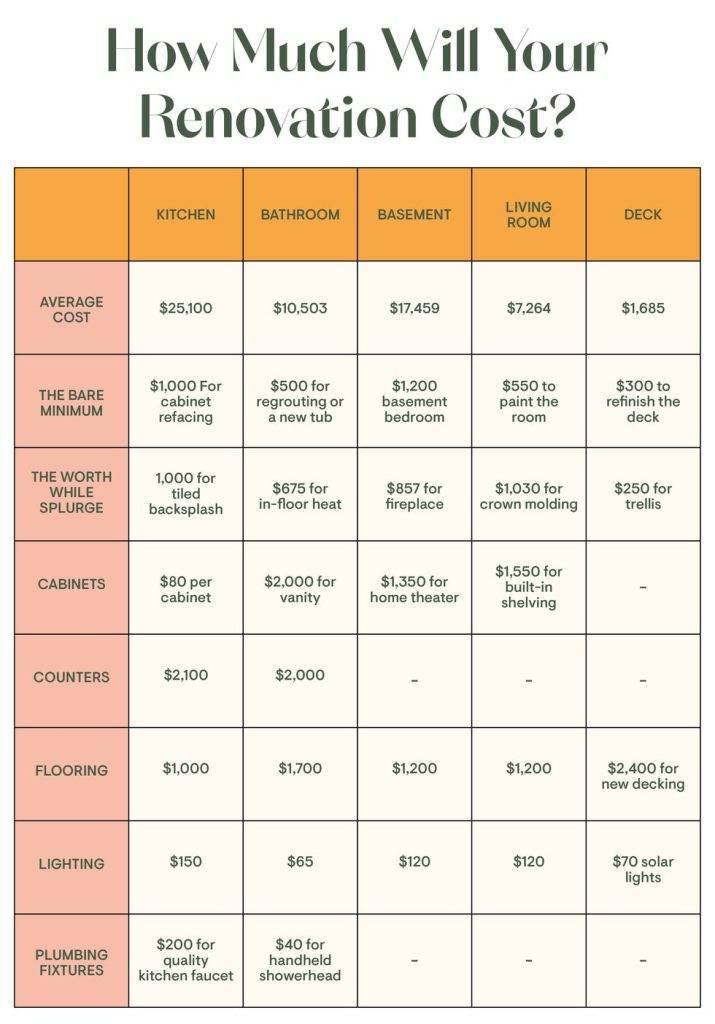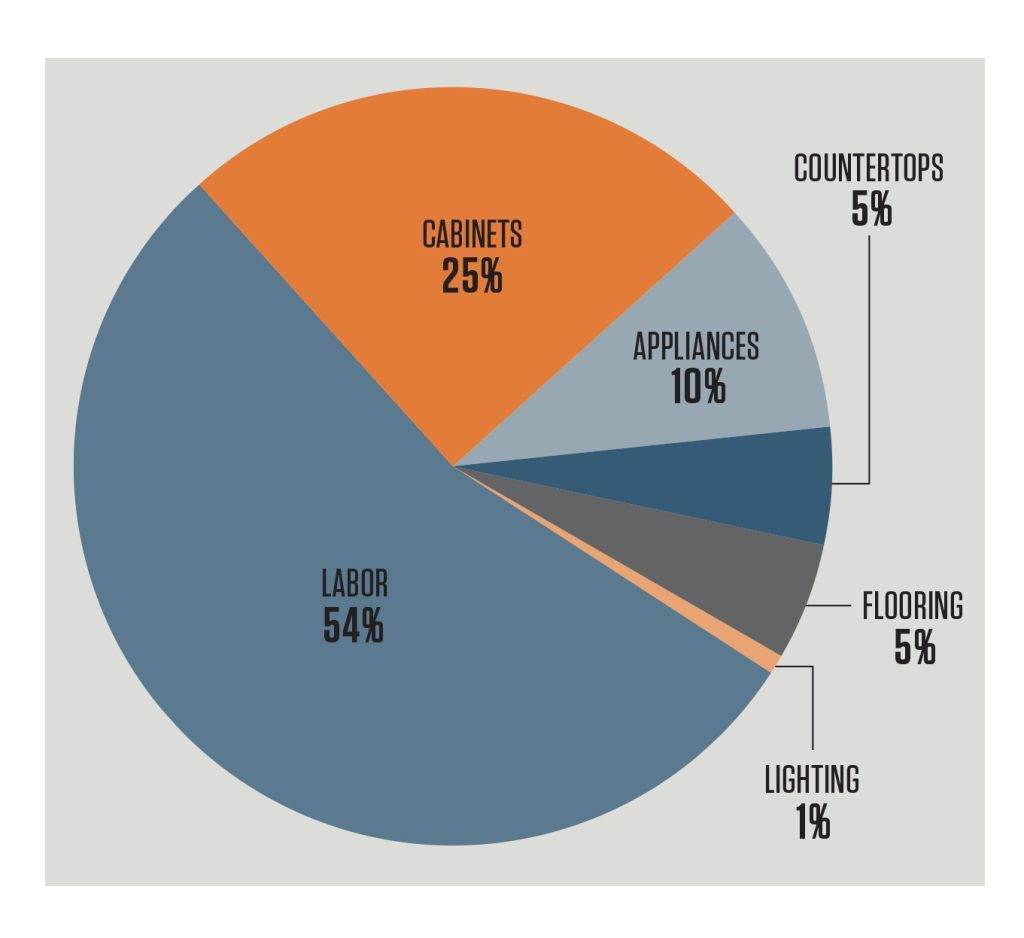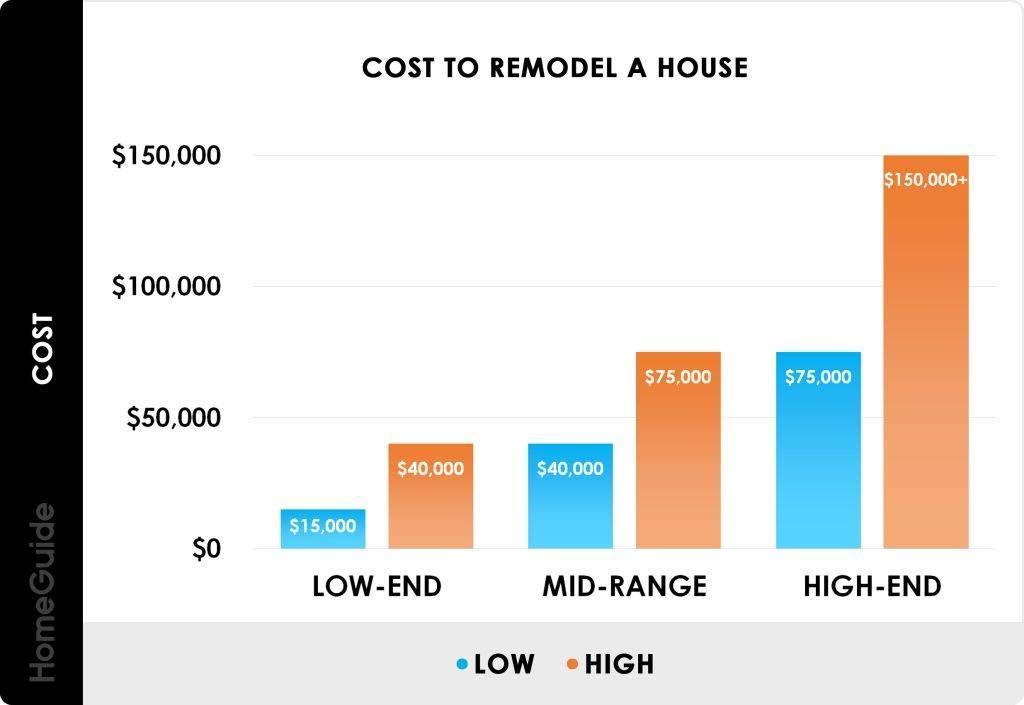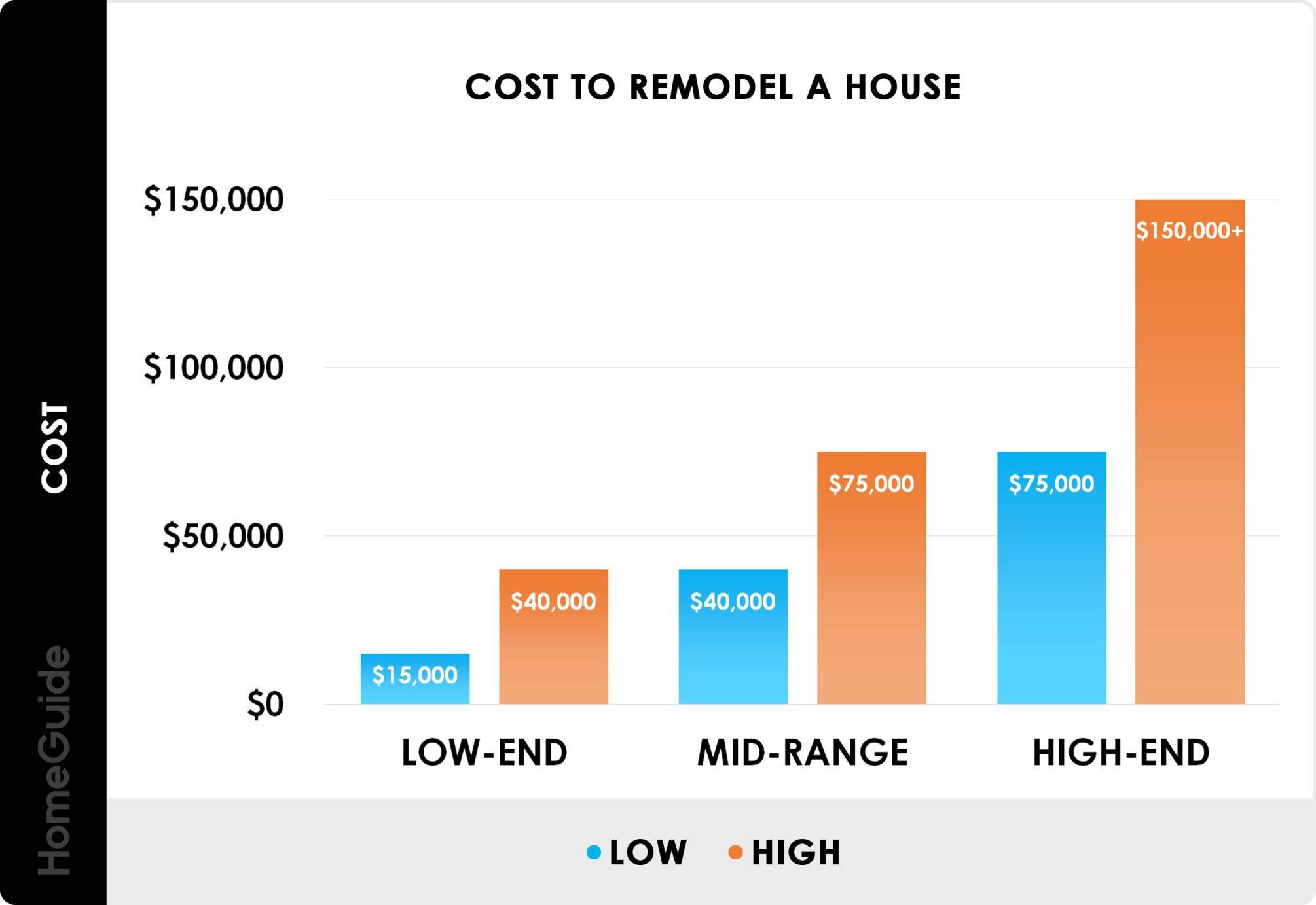When taking on a remodel project, it is essential to consider the budget you are comfortable with. Determining how much you should spend on a remodel can be a daunting task, as there are numerous factors to be considered. This article will explore the key considerations you need to keep in mind when determining your budget for a remodel, ensuring that you make informed decisions and achieve the desired outcome without breaking the bank.
Factors to Consider
Budget
When considering a remodel, one of the first factors to take into account is your budget. Setting a realistic budget will help guide your decisions throughout the renovation process. It is important to evaluate your finances and determine how much you can comfortably afford to allocate towards the project. Researching average costs for similar renovations in your area can also give you a better understanding of what to expect in terms of expenses. Additionally, consider setting aside a contingency fund to account for unexpected costs that may arise during the remodeling process.
Scope of the Project
The scope of your project refers to the extent of changes and upgrades that you plan to make. Before starting your remodel, it is crucial to identify your goals and objectives. Assessing your space requirements and evaluating potential structural changes will help you determine the scope of your project. It is important to consider the practicality and functionality of the proposed changes, as well as researching current trends and innovations in the industry. Consulting with design professionals and obtaining necessary permits and permissions is essential to ensure that your remodel adheres to local regulations.

This image is property of hips.hearstapps.com.
Return on Investment
Another important factor to consider when planning a remodel is the potential return on investment (ROI). Understanding the real estate market and researching comparable homes in your area can give you an idea of the long-term value of your remodel. It is important to balance the investment with expected returns by prioritizing projects with a high ROI. Factors that influence ROI include the level of renovation required, neighborhood trends, and the impact on future resale value. Evaluating the potential return on investment will help guide your decisions and ensure that the remodel aligns with your financial goals.
Current Market Value
Assessing the current market value of your home is crucial before embarking on a remodel. Conducting a home appraisal and researching the local real estate market will give you an idea of your home’s worth in its current condition. This information is important in determining the budget for your remodel and ensuring that you do not overspend on improvements that may not align with the market value. Considering neighborhood trends and potential future sales can also help you strike a balance between market value and your budget.

This image is property of i2.wp.com.
Desired Design and Quality
The desired design and quality of your remodel is another important factor to consider. Defining your design preferences and selecting appropriate materials and finishes will help create the desired aesthetic for your home. When choosing materials, it is important to assess their quality and durability to ensure that they will stand the test of time. Balancing aesthetics with functionality is crucial to create a space that not only looks beautiful but also serves its intended purpose. Allocating a portion of your budget specifically for design elements will help ensure that you achieve your desired result.
Timeframe
The timeframe in which you want to complete your remodel is another crucial factor to consider. Evaluating the urgency of the project and accounting for the expected duration of the renovation will help you plan accordingly. Seasonal factors may also affect your timeline, as certain renovations may be more challenging during certain times of the year. It is important to accommodate potential delays and coordinate with professional schedules to ensure a smooth and efficient remodeling process. Adjusting your budget to account for time constraints will help you stay on track and meet your desired completion date.

This image is property of cdn.5280.com.
Extent of Renovation Required
Assessing the extent of renovation required is essential in determining both the scope of the project and the budget. Evaluating the current condition of your home and identifying necessary repairs is the first step in this process. Additionally, evaluating the structural integrity of your home will help you determine the level of upgrade required. Considering energy efficiency and the age and lifespan of various components will aid in estimating the cost of the renovation. Understanding the extent of the renovation required will help you plan accordingly and avoid unexpected surprises during the remodeling process.
Potential Challenges
When planning a remodel, it is important to anticipate potential challenges that may arise. Unforeseen circumstances, hidden costs, and structural issues can pose significant challenges during the renovation process. Considering accessibility and safety concerns is also crucial to ensure that your remodel meets the necessary standards. Managing expectations and planning for potential disruption and stress will help you navigate these challenges more effectively. Negotiating with contractors and suppliers and keeping track of all documentation is also important to ensure a smooth and successful remodel.

This image is property of cdn.homeguide.com.
Contractor Selection
Selecting the right contractor for your remodel is a critical decision that should not be overlooked. Conducting thorough research and gathering recommendations from trusted sources will help you identify reputable contractors in your area. It is important to interview multiple contractors and ask for references to assess their expertise and reliability. Checking that the contractor is licensed and insured will provide you with peace of mind and protection in case of any unforeseen issues. Choosing a contractor who understands your vision and communicates effectively will be instrumental in the success of your remodel.
Local Building Codes and Regulations
Complying with local building codes and regulations is essential to ensure that your remodel meets the necessary standards and avoids any legal issues. Researching local building codes and obtaining the necessary permits before starting the project is crucial. It is important to also consider any zoning requirements and potential historic preservation laws that may apply to your property. Understanding the inspection and approval processes will help you plan accordingly and avoid any delays. Allocating a portion of your budget for permits and fees is important to ensure that you are prepared for these additional expenses.
In conclusion, when planning a remodel, it is important to consider several factors such as budget, scope of the project, return on investment, current market value, desired design and quality, timeframe, extent of renovation required, potential challenges, contractor selection, and local building codes and regulations. By carefully evaluating each of these factors and making informed decisions, you can ensure a successful and rewarding remodeling experience that meets your goals and achieves the desired results for your home.

This image is property of i.ytimg.com.
